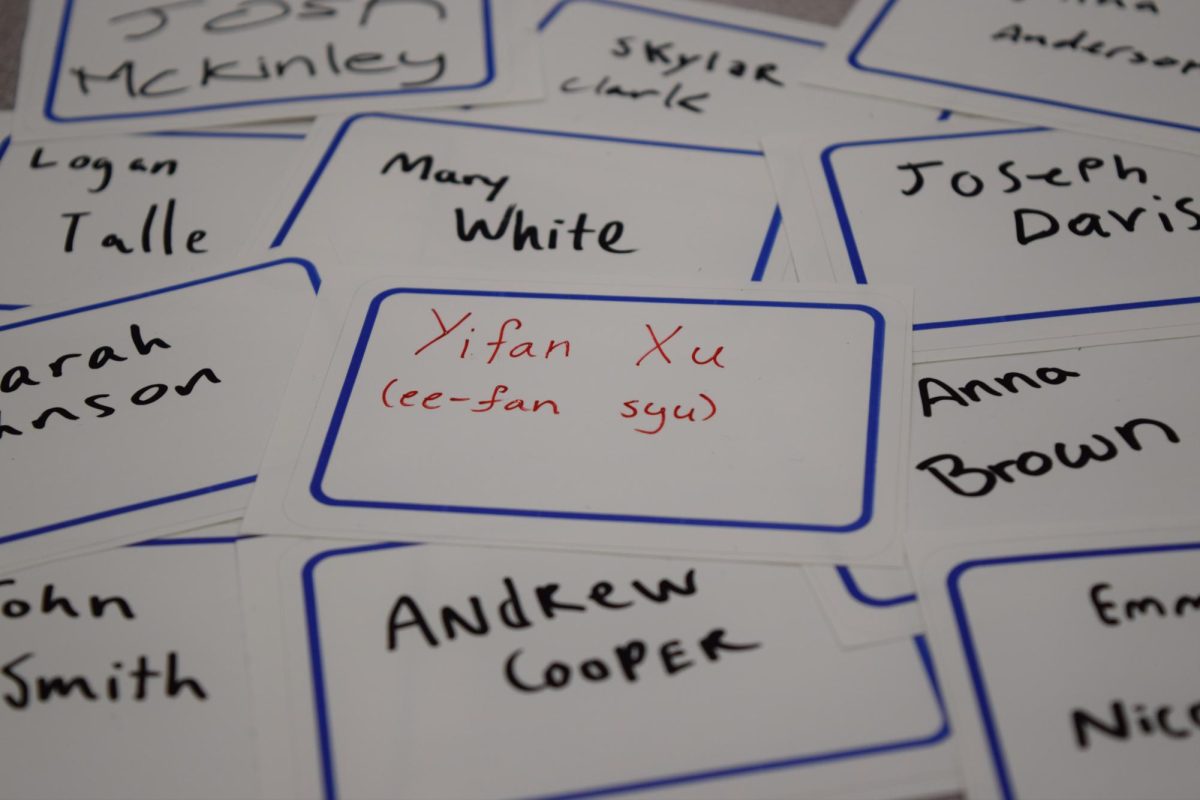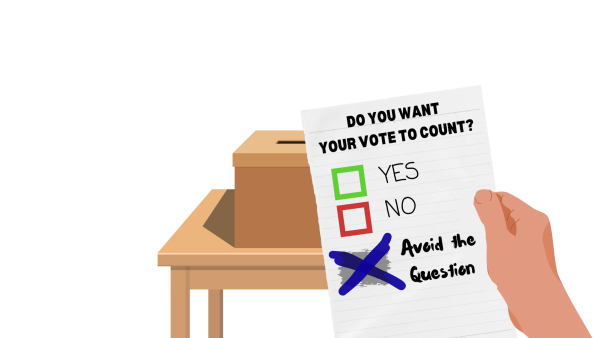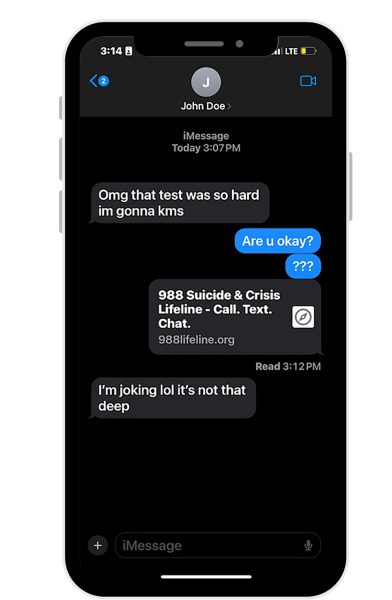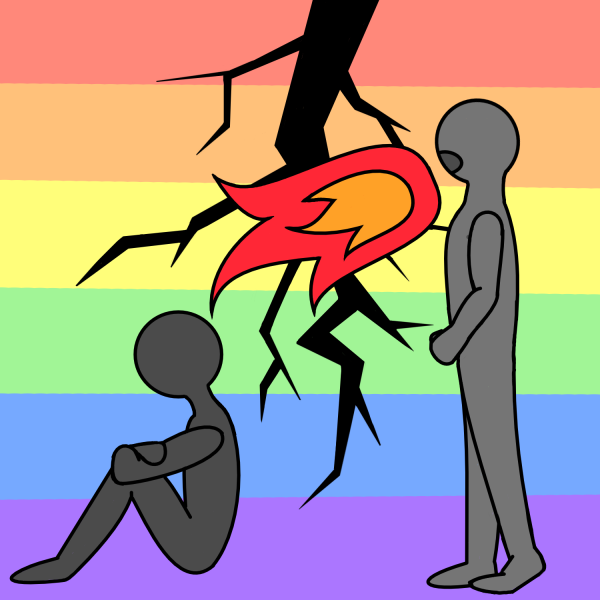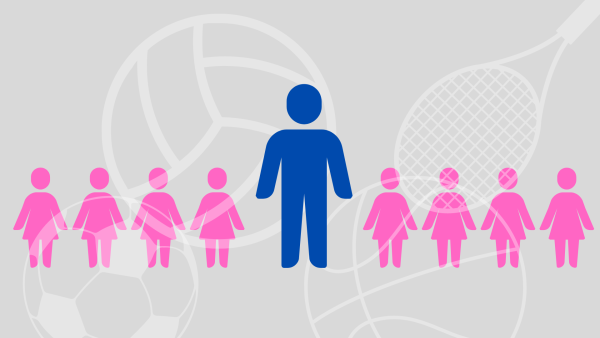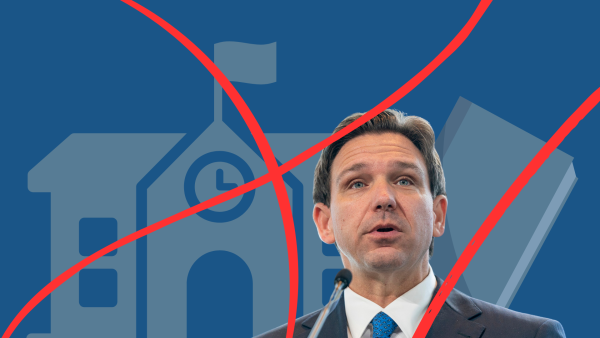Bill 22-1066: The Education Killer
Bill 22-1066 would virtually ruin free conversation in classrooms, and set high schoolers up for failure after graduation.
January 29, 2022
A new bill has been introduced to Colorado’s House of Representatives. One which would violate the privacy and trust of teachers, and threaten the integrity of our education system.
Bill 22-1066 was introduced with the goal of creating academic transparency by requiring all school districts to publish and post all lesson plans, resources, and software given to students. This includes “The professional development requirements that the educators whom the local education provider employs must meet,” according to the language from the bill.
Not only will this bill incite a level of openness purely to use as an additional piece of data against teachers, it also forces classrooms into the political spotlight, something that is exactly what teachers try to avoid.
“It’s based on politics. They’re using buzzwords to scare people and deflect attention from bigger issues,” history teacher Karen Johnson said – bigger issues that Johnson explains would make students question the establishments in America.
In all reality, this bill is not meant to provide transparency, but rather to allow parents to directly attack and debate the content a teacher deems relevant and important. This is offensive to teachers like Johnson, who said, “we are professionals, we have advanced degrees. We love what we do. We don’t do it for the money and the fame. We do it because we’re good at our job.”
The school would also be forced to create a policy on which controversial topics are allowed. “If adopted, the policy must, at a minimum, include procedures by which a person may report a violation of the policy to the governing board for the local education provider,” as stated in the bill.
This would trap teachers between their district and their students. What if a controversial topic like rape is introduced as an English teacher is teaching to Kill A Mockingbird, and a teacher facilitates this free-thinking conversation? Automatically this would be a violation of a possible policy, and the teacher could be reported for simply complying with their teaching ethics.
The bulk of humanities classes need a conversational piece to pair with it, or else it is purely facts being thrown at the student, rather than a deeper understanding being developed. “You [the teacher] provide the facts, you provide the information, you open it up for discussion, but you let the kids draw their own conclusions based upon their learning,” Johnson said.
This would also prevent students from preparing themselves for real-world situations as controversial topics exist everyday on the political plain of America. With Creek being dedicated to excellence, it would be almost impossible for any graduate to perform to that standard with this bill. How can we be excellent voters, excellent members of society, excellent people if we are unable to tackle the social and political change needed in our country.
The divide created in this bill would hinder work relationships, as well as the preparation for real-world situations. “We’re gonna start going against each other, we’re not necessarily going to want to work together, because if one’s more controversial than the other, we’d want to distance ourselves from them,” said History teacher Kristina Bybee, “it’s just an education killer.”


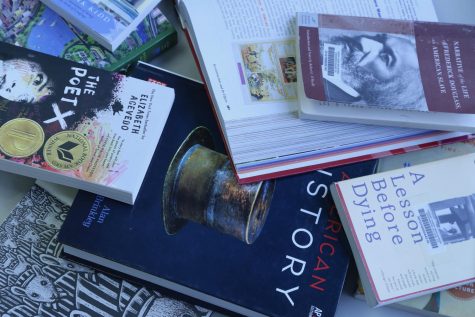
























![In a recent surge of antisemitism nationally, many have pointed towards social media and pop culture as a source of hate. “Many far-right people have gone on [X] and started just blasting all their beliefs, Sophomore Scott Weiner said.](https://unionstreetjournal.com/wp-content/uploads/2023/10/antisemitism-popculture-2-1200x675.jpg)
